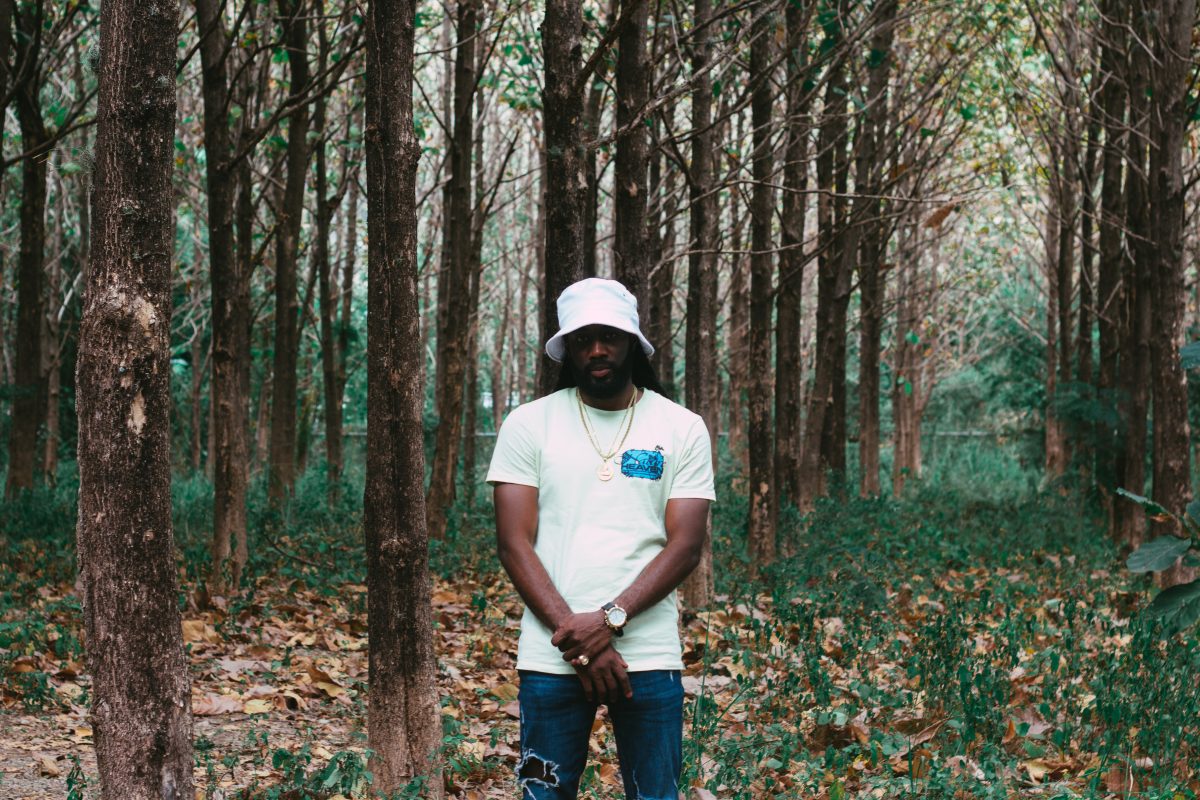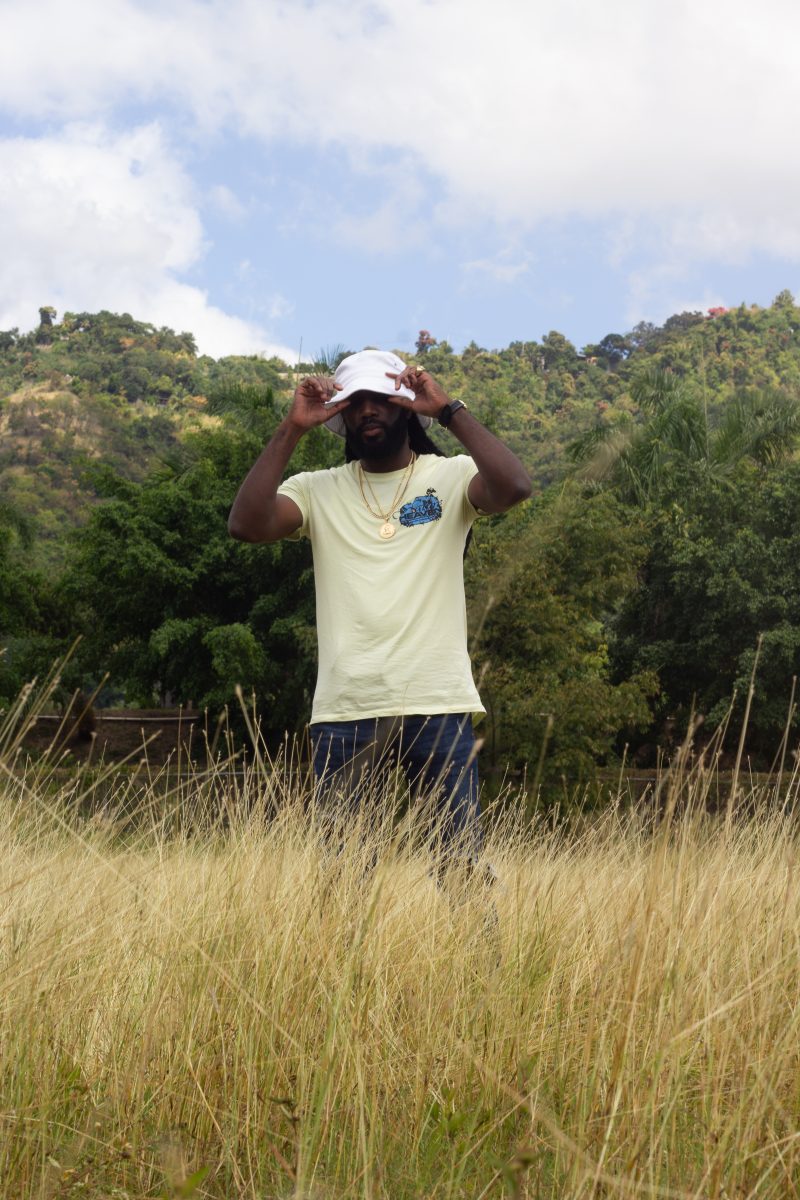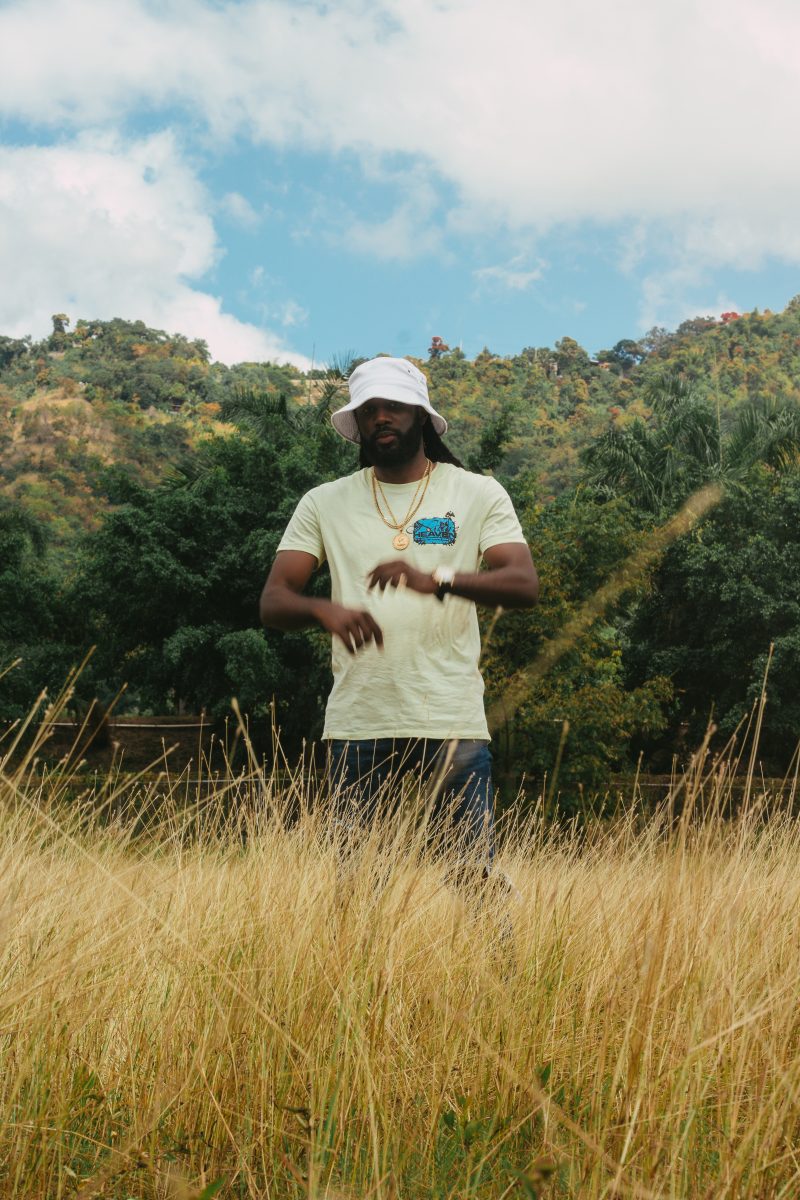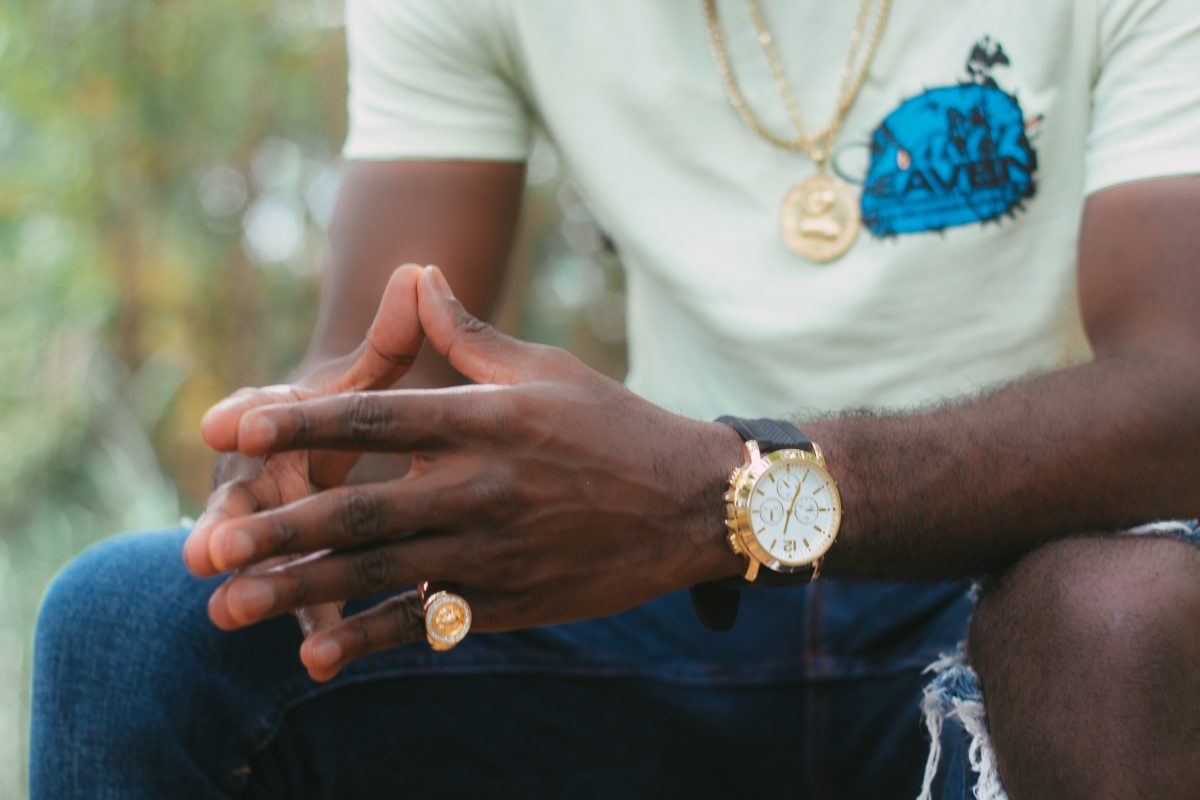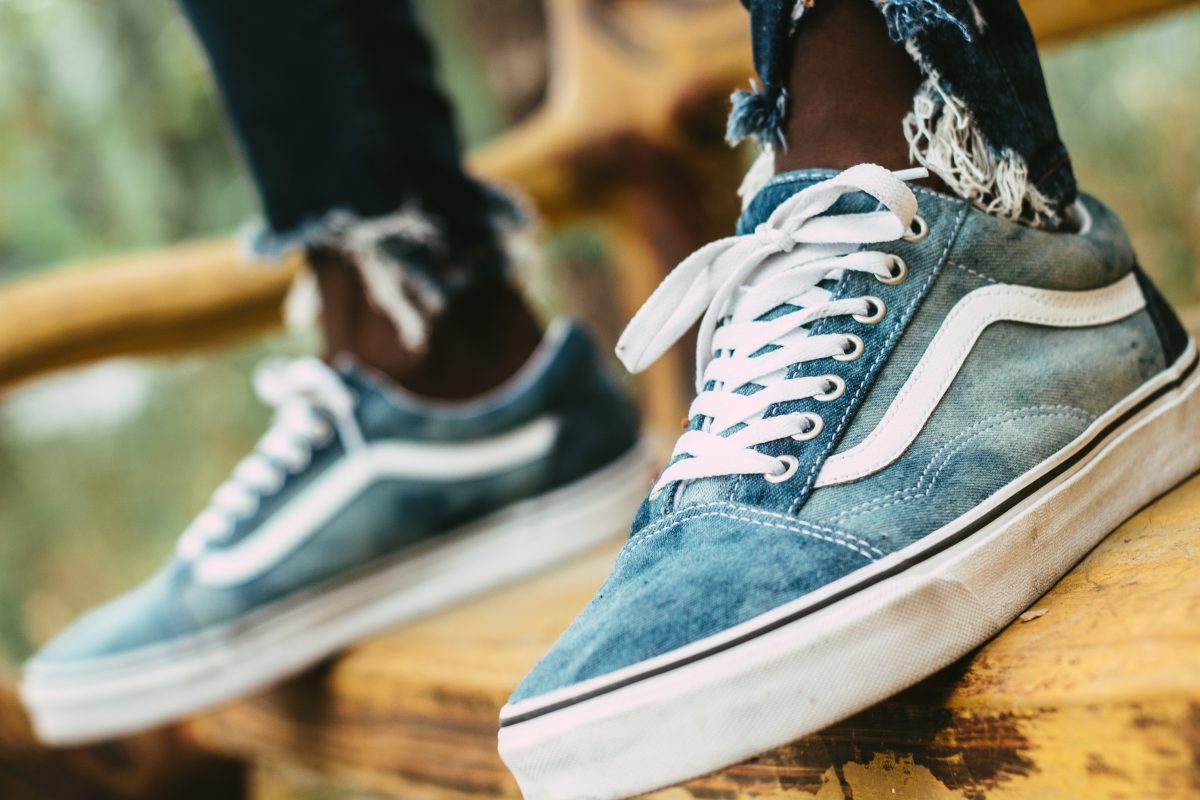Chino McGregor On Spending Time Overseas, His New EP And The State Of Jamaican Music
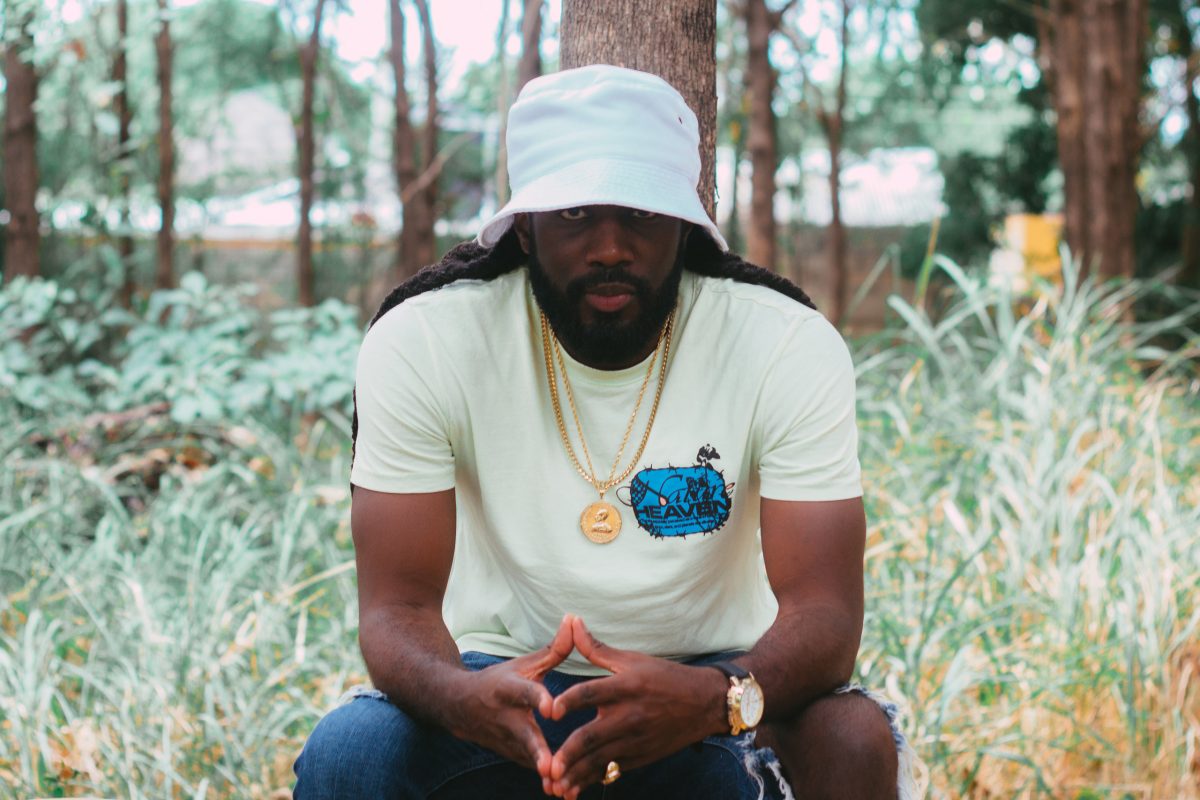
Jamaican music is fast-paced primarily because of the audience’s insatiable demand for it, and yet there are those artists who manage a timely balance of their own design.
Chino McGregor is one such artist who, despite his recent absence from Jamaica and timely releases, manages to maintain an active fanbase. His iconic hits such as Never Change (From Mawning) , Ruff It Up , and Protected are landmarks in the musical space, and his new direction will no doubt thrill his fans as he gears up for the launch of his new EP Riddim Ryda Style.
DancehallMag caught up with the Big Ship member to clear up some of the rumors in his absence.
Was this long departure from Dancehall planned?
There wasn’t a departure from Dancehall. I was just not as present in the local space as I used to be. I wouldn’t say planned but–you know as you grow, you want spread your wings. You’re looking for what’s next. I’ve gotten great success with music locally, here in Jamaica. I achieved a lot, get nuff hits and a lot of accolades, etc, but I’m a very ambitious person so I’m always looking towards what’s next. So I’ve been spending a lot of time overseas, more than I’ve been spending here for the past several years. With that now, as I said, spread my wings. Collaborate with alot of people overseas both as an artist and as a writer/composer etc. Because Jamaica is small, it’s really small. We have such a huge influence on the world but Jamaica is small, so there’s so much and no more you can do in Jamaica or from Jamaica.
I don’t want it come off sounding like I’ve turned my back on Jamaica because I love it and the people always show me love, but if you’re ambitious, it’s easy to hit a ceiling. Like for example, as much as we look up to the big hip hop, r&b and pop acts, they look up to us just the same. But out of sight out of mind. As a Jamaica artiste, you being in the states, there are possibilities and opportunities for you to liaison, network or buck up into an artist who you can collaborate with or even your favorite artist. There’s a higher chance of you being in a studio session with X, Y or Z, so there’s more opportunity to spread your wings in that way, outside of the country.
Was there a point where it became clear that this was better for you at the time?
Yeah musically and just generally for me as a person and what I want out of life. So yeah, and outside of that too I think I found myself being misunderstood as an artist. I see people try to put me in a box and there’s so much more to me musically that I want to offer and a lot of people don’t realize. I don’t want to be in that box of just one next Deejay, because that’s not me. Yeah me can deejay, me can spit lyrics, me can sing, I can do reggae and dancehall, I’m a musician I play instruments, I can produce. So being on the typical dancehall juggling, it’s cool I can do that but–
You don’t get to explore your full range.
Exactly. Mi find myself in a box where that is concerned and hitting a ceiling. If you notice, my bigger songs in my catalogue are singles, as opposed to jugglings. The true respect I have from the fans is based on the singles and my albums, so I try to steer my thing project- based.
One of the things you really pushed and popularized in your time was merging the sound of dancehall and reggae with hip hop, I think now people are doing it in a similar way.
What do you think of that as one of the forerunners who really pushed that envelope earlier on?
That’s great. It’s great knowing that we helped to create that blueprint. A lot of what we did back then was ahead of its time, we created a whole era. As you say presently in 2021 you can still see the influence of that, in production, songwriting, approach and concept. That blueprint is a natural formula for us, myself and Stephen. Our style and sound is what we grew up listening to and what we are fans of.
I’m a fan of hardcore dancehall, new school dancehall, lover’s rock, roots rock reggae, hip hop, r&b. So we try to merge sounds together, I don’t believe in saying dancehall and reggae it has to sound a certain way , no. If you’re a true musician then you reserve the right to experiment. Don’t be afraid to experiment. Every genre draws influence from another or many others. Nothing at all is wrong with that. If we want to go back to the root of our music, back to Ska. Ska came about from copying american music basically, same american r&b just different rhythm patterns. If you notice most reggae songs from the 70s coming up, it covers of american rhythm and blues songs. That influence is always there.
What would you say is your biggest lesson from spending time abroad?
You learn the bigger picture and it help you, the way you approach music, career, your image and your songwriting. The unfortunate situation with alot of us on the ground is that, the subject matter– yeah it’s cool and it get a big fawud a di dance dem here, but outside of Jamaica most people can’t relate to it.
This is not throwing shade or discrediting, but the real buying public outside of Jamaica can’t really relate to your experience weh a take place pon your lane. They can’t relate to certain things, so you have to try and find a balancing act, a way to make it authentic and acceptable to your core audience, but at the same time clear enough so that people can relate outside of Jamaica. So that has always been my approach, that’s why you have songs like From Mawnin, Rough It Up, Protected, all those songs. Those songs get the full love and respect on the ground here in Jamaica but at the same time I can take those same songs and perform them overseas to people who aren’t big reggae fans. The main thing is striking the balance. So don’t think because you are doing Jamaican music, you haffi a say weh you feel like everybody is saying like, no. It can be done.
You really hit the nail on the head with your reference to the songwriting especially. Take From Mawnin for instance, because yes it speaks to the experience of a person on the lane but at the same time, it’s an experience that we all have in one way or another. So sometimes great songwriting is just being able to find that core experience; speaking about it with the application of as little personal attributes as possible, while still making it vivid. I mean good writing is fundamental to a good career.
Yeah true, it comes down to distraction as well. Everybody is watching–you see the space is so small, so everybody is watching and trying to match up with everybody. So da man ya say dis and it work fi him, so mi need fi say this, or do this or approach it this way. You find that if you turn on the radio majority of the songs sound the same, because it’s the same topics, same subject matters, same words. Nobody is thinking and going outside of the box more than the ordinary. I’m not going to compromise myself and my craft just to fit in. It might take me on a longer path but mi rather do that and feel good than taking the shortcut and doing something that’s not me.
How do you feel about the new EP, and why is the whole reggae feel the main kind of sauce?
Riddim Style Volume three yes. So Volume one, the subtitle is Lyrics Ova Gimmicks. You know that is dancehall it emphasizes lyrics. Volume two; Gal Factory, tailored to the girl dem. Volume 3 now which would be out February, the subtitle is Riddim Ryda Style and that’s going to be a really big one, because we have some really powerful songs on there.
It’s probably my first full-length reggae album, so I feel really good about that. Excited to share. We spoke about the whole lyrics over gimmicks earlier and we just a play our part to help to shift the focus once again to substance.
